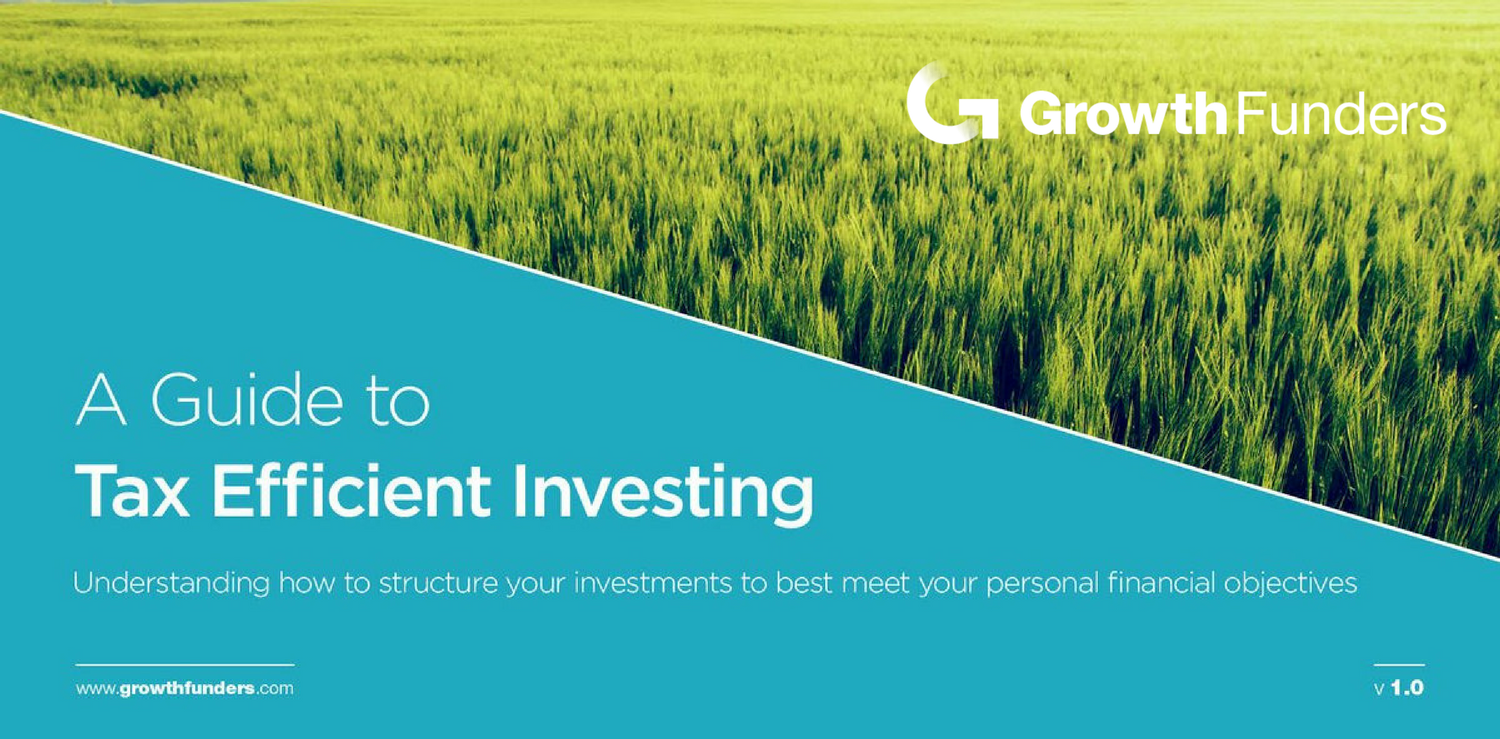Impact investing: targeting a financial return
Over the last year, I've gone from not knowing what impact investing was (other than being able to take an educated guess) through to being a complete advocate of it.
As many do, I have a strong financial focus, something that's become even stronger as I've become more involved in the investment landscape.
But I've long been driven to make an impact; to do something that makes a true difference. I've not had a set focus on what that difference may be, but I want to be a part of something that positively affects the lives of others.
And for the most part, I like to think most other people feel the same. Science has shown we're naturally compassionate beings, and most would prefer to see others live happily than not.
The issue is it's a common belief that to do so, you need to make an investment without any focus on a financial gain. You're investing to make a real difference, and there's no financial return.
Conversely, it's also commonly believed that if you choose to invest for a financial return, you need to do so without a thought for the environmental, societal or economic impact the opportunity you're investing into may - or may not - have.
But this isn't the case. Especially not today. You don't need to invest for impact and not see a financial return and likewise, you don't need to invest with a financial mindset and not have any focus on making a difference.
Instead, it's about finding the balance between the two.
What impact do you want to make?
To be an impact investor today - one who also has a focus on a financial return - isn't overly niche. Almost regardless of where you want to make a difference, there are opportunities available.
Look at some of the investment opportunities we've had live on GrowthFunders in recent times.
Our residential property development opportunity at Chilton in County Durham is developing 14 three and four bedroom homes. This itself is helping to tackle the UK's housing crisis, but the development will also have three modular houses from CoreHaus, which have both lower carbon and less waste than traditional builds.
On a different level, Hive.HR helps organisations to improve financial performance, increase productivity, attract and retain talented employees, reduce sickness or absenteeism and improve customer satisfaction by positively impacting employee engagement in a transformational way.
And Intelligence Fusion is an example on yet a different level. Essentially providing data for organisations to use to protect their employees and assets right around the world, it might sound like a bold statement, but an investment into Intelligence Fusion could realistically be linked to a safer global environment.
Housing. Businesses. Individuals. Environment. Personal happiness. Employee productivity. Personnel safety. An investment into these three investment opportunities could see you make an impact in all of these areas.
But these are just three examples of impact driven investment opportunities, and a small number of examples of how you could make a difference with an investment.
You see, it's all about doing just that - making a difference. And when you think about this on the broadest of levels, you can begin to realise how much potential there is to do just that with an investment.
Want to be part of a project that's building homes for your children, grandchildren and generations beyond? What about one that's helping to reduce carbon emissions, subsequently having a positive effect on global warming?
Perhaps you want to invest into something that's going to make our lives in the future easier, such as renewable energy sources. Or maybe it's about improving the education and social wellbeing of generations to come.
This is all possible as an impact investor who wants to get the balance between making a difference and seeing a financial return - and it becomes a lot easier when you explore the financial return possibilities and realise they aren't as limited as many may believe.
Understanding the financial returns
As with any investment opportunity, an investment should be made based on your portfolio requirements, in turn a reflection of your personal requirements. This is no different when looking to invest for impact.
There are income-focused opportunities alongside growth-focused opportunities. You can make higher risk/higher return investments just as you can more conservative investments. Active, passive, direct and indirect. They're all possible as an impact investor.
The point here is financial returns for impact investors don't fall into one category. Just like the choices on how you can make an impact are varied, so are the ways you can see a return.
Using the examples above, investors into Chilton are directly contributing to tackling the housing crisis whilst also targeting a 1.5x money return over a development period of 18 to 22 months. This means a £10,000 investment will return £15,000 should the base case return figure be met.
With property often considered somewhat of a safer investment opportunity, at the opposite end of the scale investments into high growth SMEs - such as Intelligence Fusion - have the potential to see in excess of a 20% return on investment.
Importantly, returns can't be realised until the point of sale (a time often at least five years after the investment has been made), but this is one of the aspects of the higher risk/higher return strategy seen when making investments into startups at this level - if you're comfortable with the risk and holding period, the potential for returns can be greater than many other opportunities.
But regardless of the opportunity, you're making an impact whilst having a focus on a financial return.
You don't need to make a choice
One of the most important points to understand about impact investing from my point of view is you don't need to make a choice between whether you want to invest for impact or to target some form of financial gain.
The two are not mutually exclusive and today, you can realistically - and in many ways, easily - invest your money to see capital growth and to make a real difference.
As with any investment, the opportunities you explore need to be research in-depth. You need to ensure you have done due diligence sufficient to your own requirements and whether you're a new or a professional investor, you should ideally take as much professional advice as you can get.
But make a decision between whether to invest for financial gain or to make an impact? That really isn't a decision you need to make.
%20(3)%20(2).jpg)








